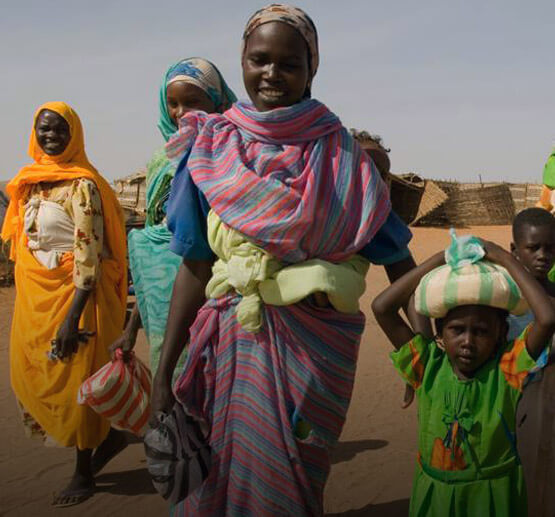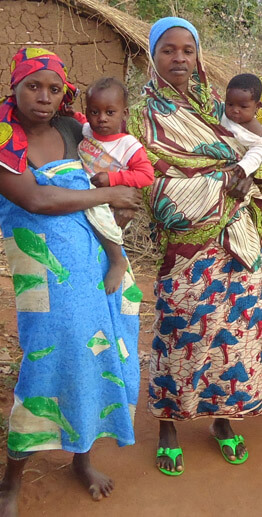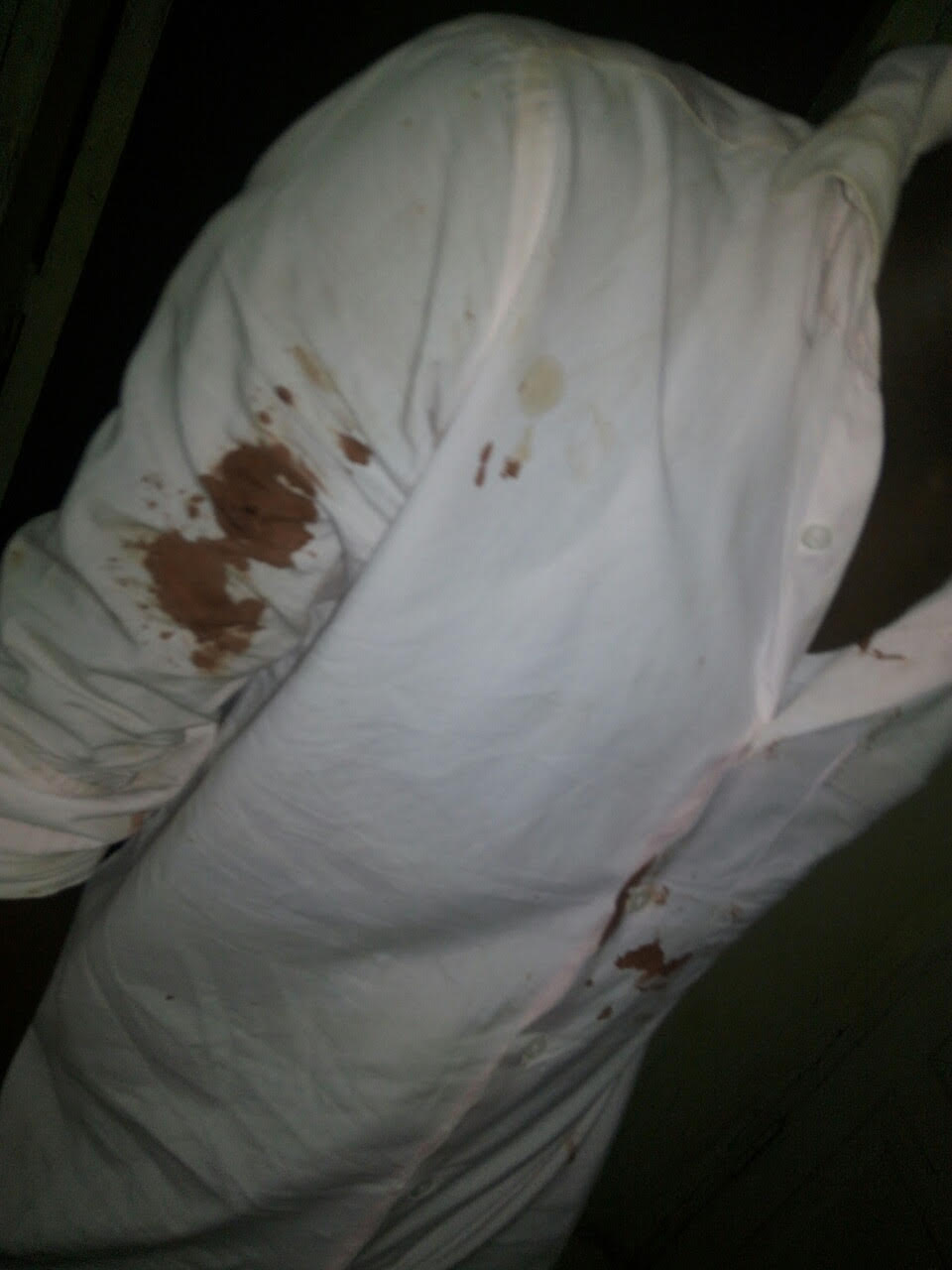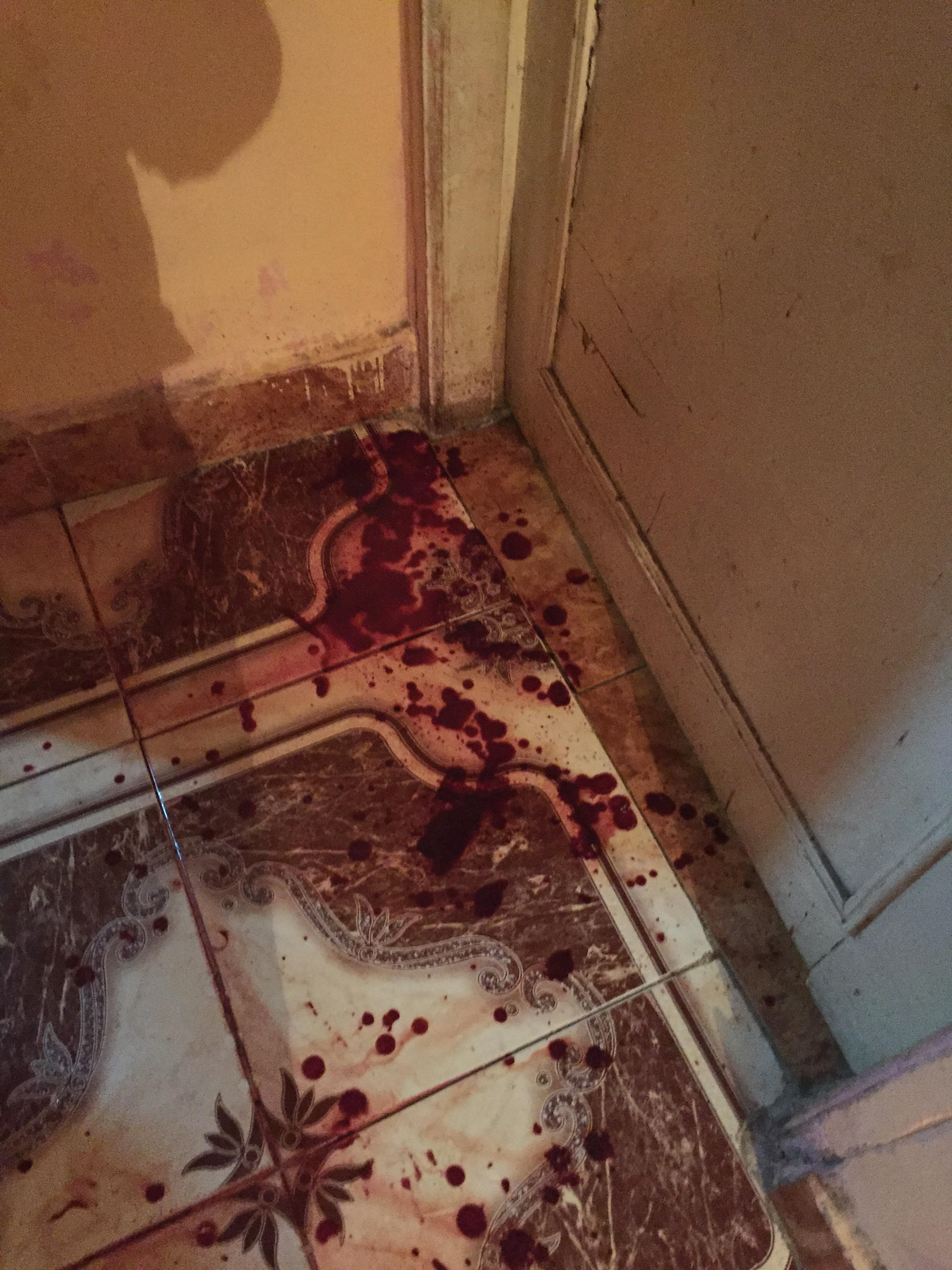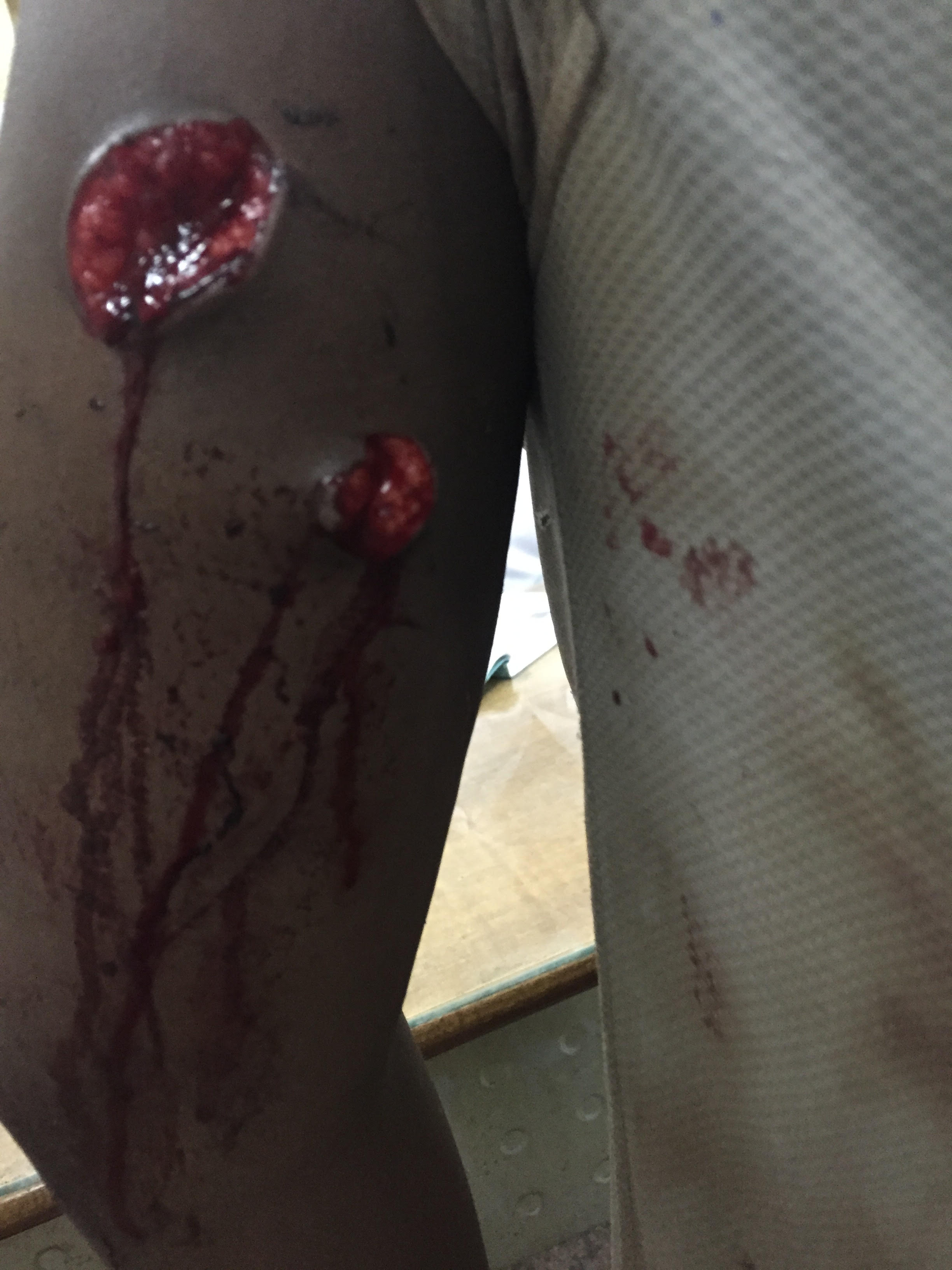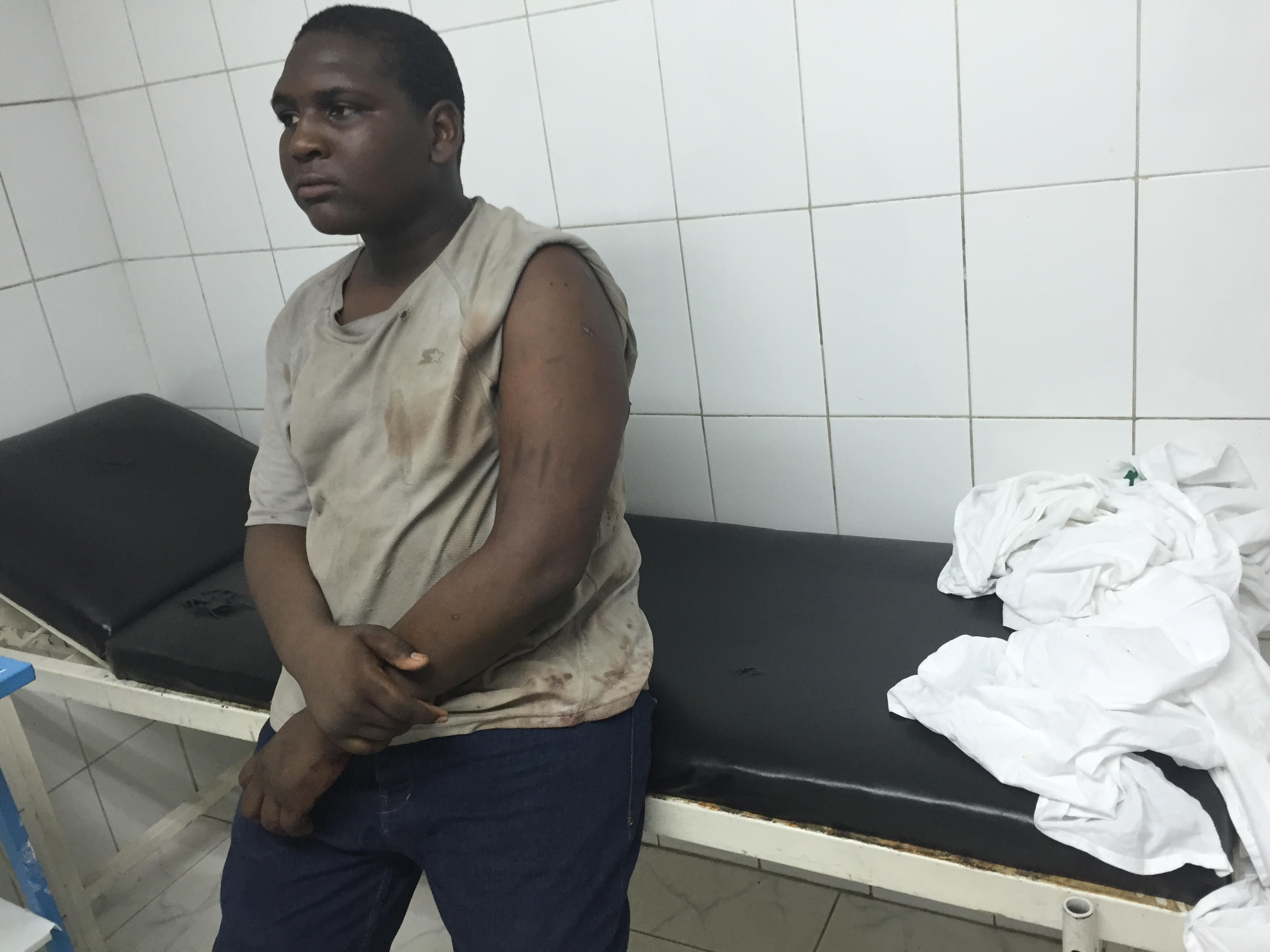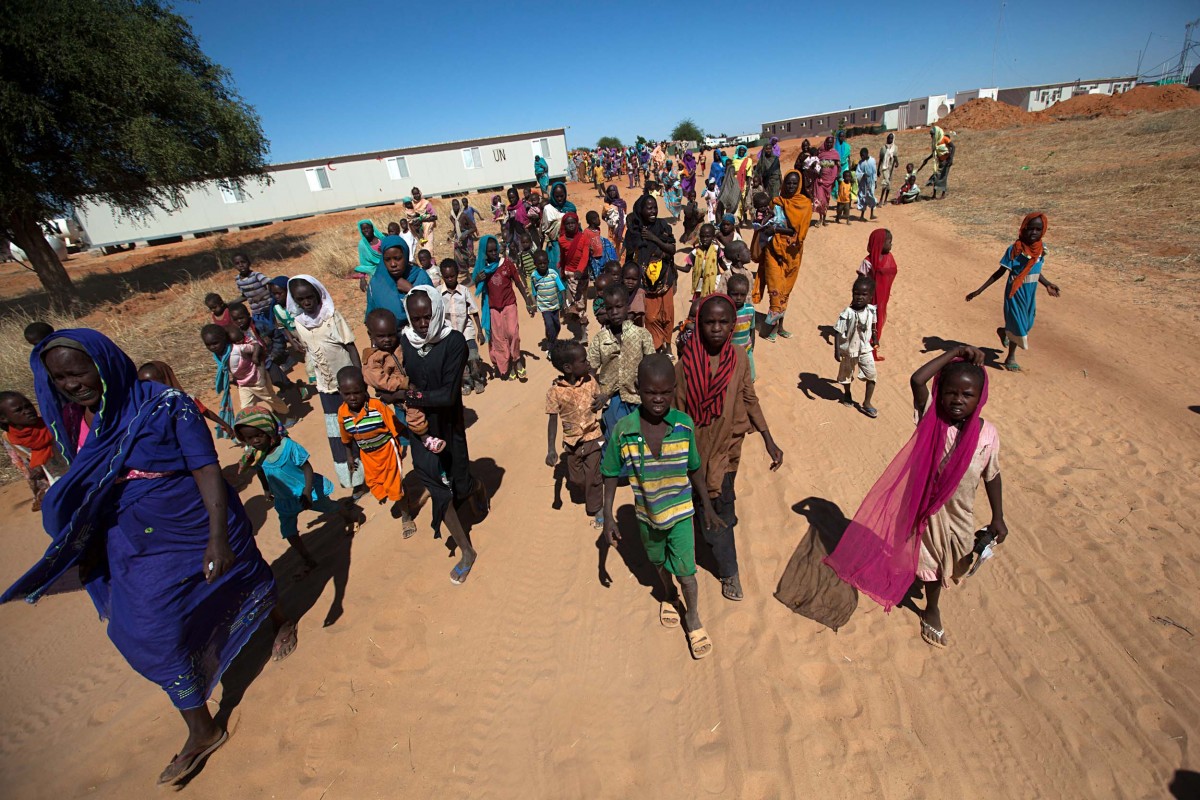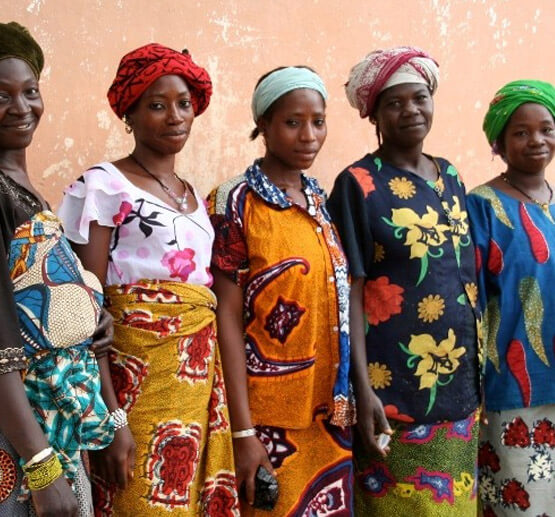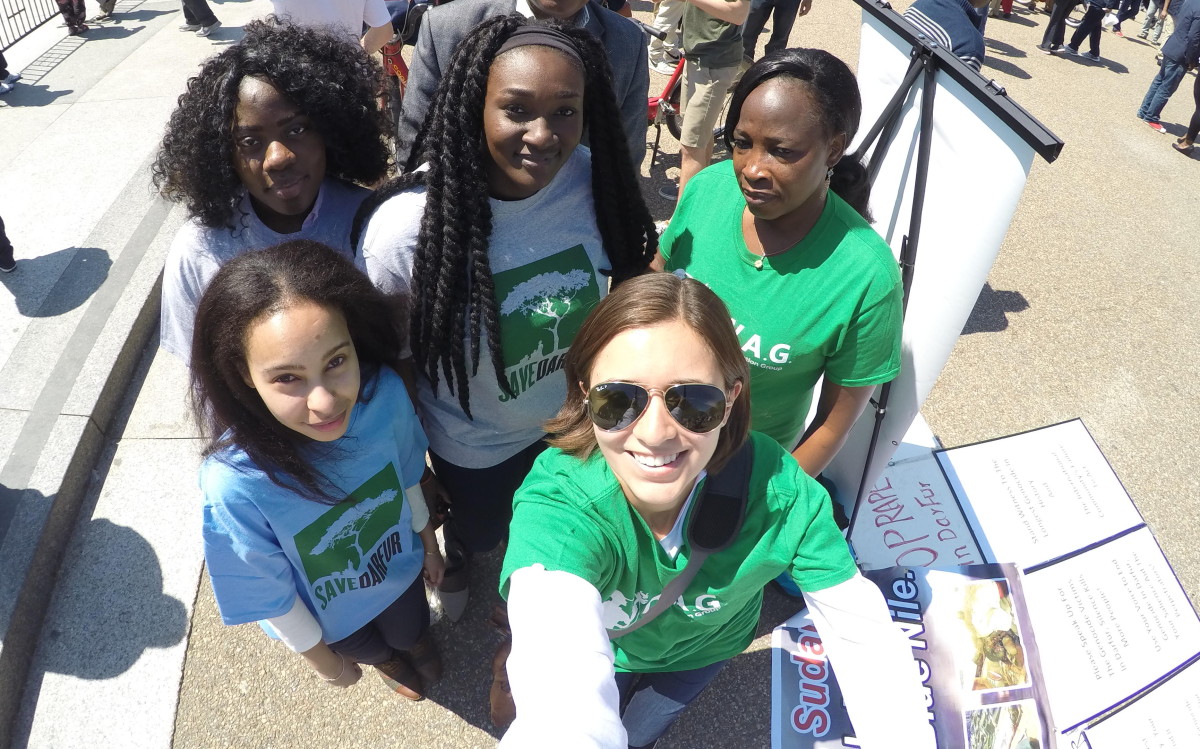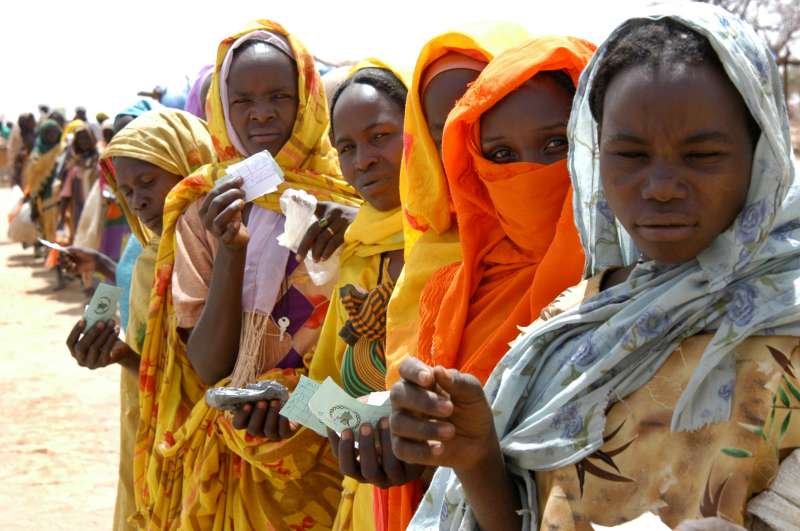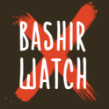
12 September 2016
H.E. Hassan Sheikh Mohamud
President of the Federal Republic of Somalia
Villa Somalia
Mogadishu, Somalia
H.E. Omar Abdirashid Ali Sharmarke
Prime Minister of the Federal Republic of Somalia
Mogadishu, Somalia
Dear President Mohamud and Prime Minister Sharmarke,
The Bashir Watch Coalition, a group of human rights organizations dedicated to accountability in Sudan, writes to express its grave concern that The Federal Republic of Somalia has extended an invitation to Sudanese President Omar al-Bashir for the Intergovernmental Authority on Development summit in Mogadishu on 13 September 2016, despite his egregious record of human rights abuses.
President al-Bashir is wanted by the International Criminal Court (ICC) on charges of genocide, war crimes, and crimes against humanity. He is perpetrating the ongoing atrocities in Darfur, where hundreds of thousands have died since 2003 and millions remain displaced. The last two years have seen the highest levels of violence and displacement since the height of the genocide more than a decade ago. In the first few weeks of 2016 alone, over 100,000 people have been newly displaced by an escalation of violence by the Sudanese government including large-scale attacks on civilians.
The crimes in Darfur continue to rage, and violence has spread into other areas of Sudan, including South Kordofan and Blue Nile. Bashir has continuously blocked humanitarian aid from reaching those in need, and many people are at risk of starvation. Bashir has carried out his reign of terror with impunity for more than thirteen years, and bringing justice to his victims is long overdue.
Although Somalia is not a State Party to the Rome Statute, non-member states are encouraged to bring international fugitives to justice. The situation in Darfur was referred to the Court by the United Nations Security Council through UNSC Resolution 1593 (2005), which urges all members of the United Nations (UN) to fully cooperate with the Court. As a member of the UN, Somalia falls within this exhortation and should act to bring Bashir to justice.
Welcoming President al-Bashir only serves to embolden a leader of a regime that continues to bomb civilian areas and cut off humanitarian aid to those in dire need. Therefore, it is imperative that the Federal Republic of Somalia refuses to allow an individual charged with war crimes into its territory. Should Bashir enter Somalia, this Coalition calls on the Somali authorities to arrest and transfer him to the ICC to face the charges against him in a fair trial.
Thank you on behalf of the Bashir Watch Coalition,

The Coalition of the International Criminal Court, NY, USA

The International Justice Project, NJ, USA
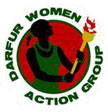
Darfur Women Action Group, DC, USA

United to End Genocide, DC, USA
![]()
Waging Peace, London, UK
Cc: H.E. Ahmed Isse Awad, Ambassador of the Federal Republic of Somalia to the United States of America
